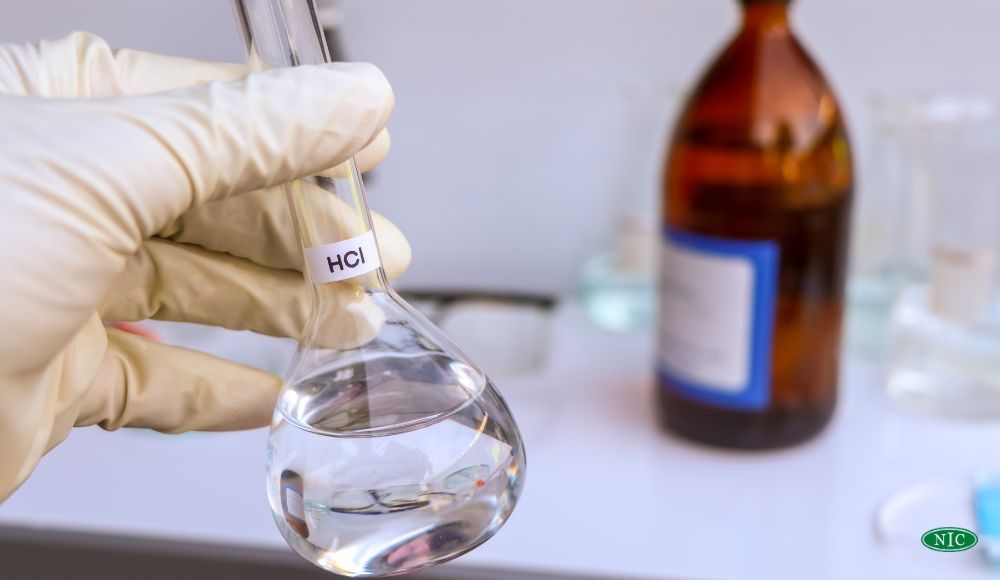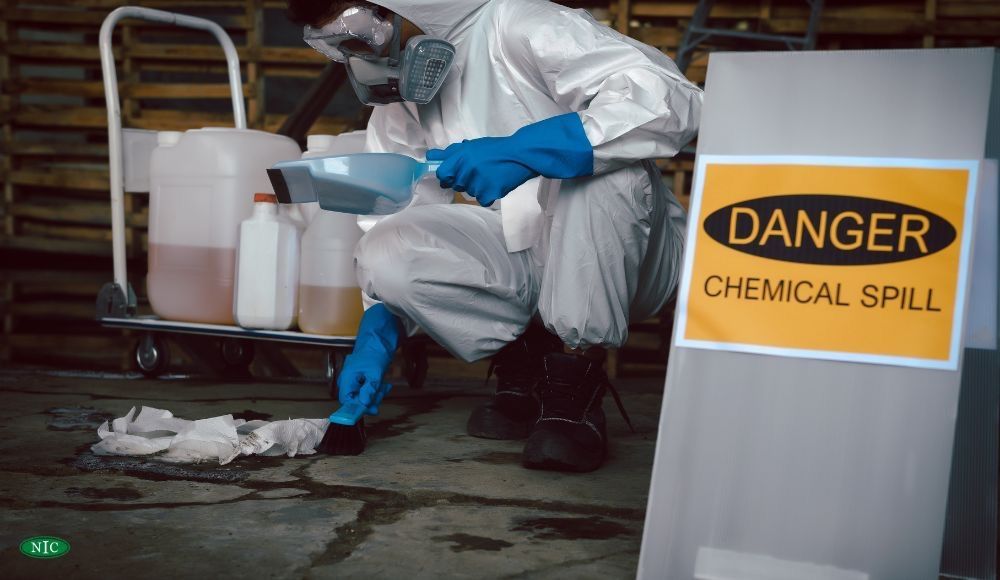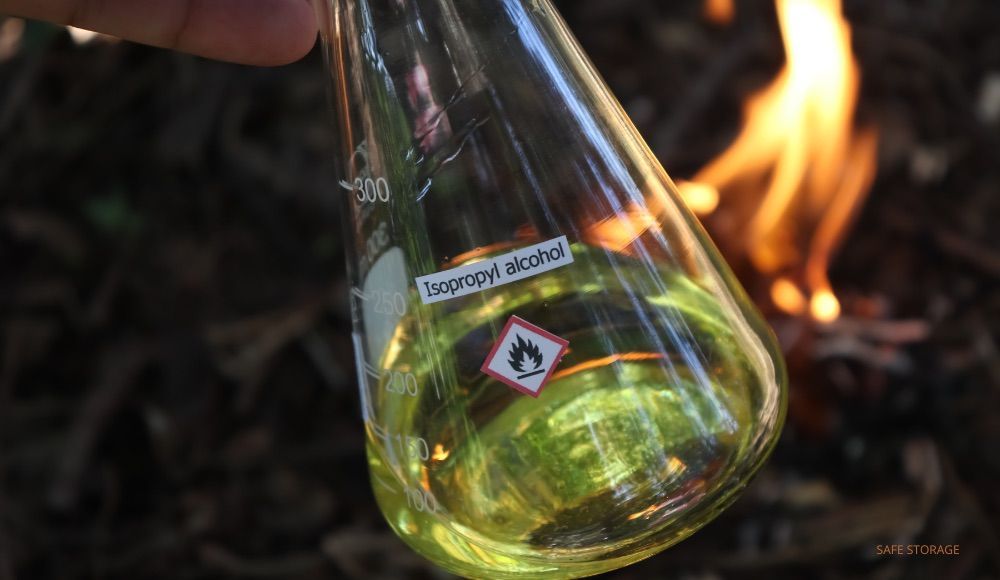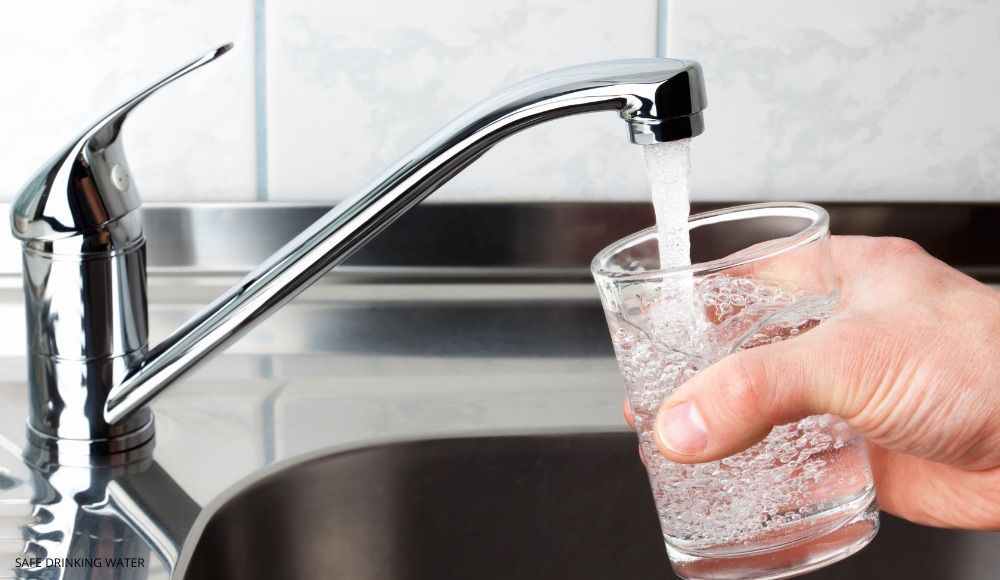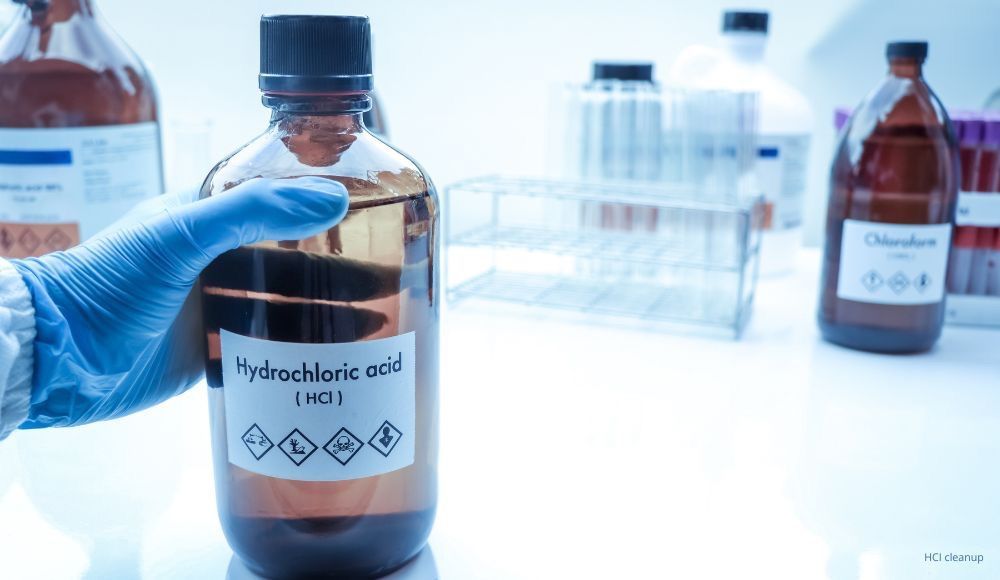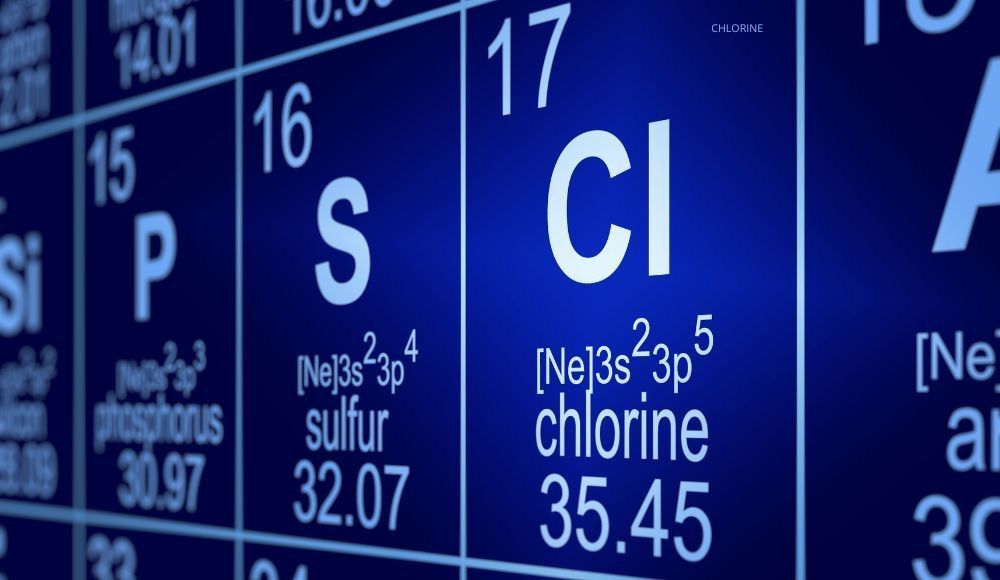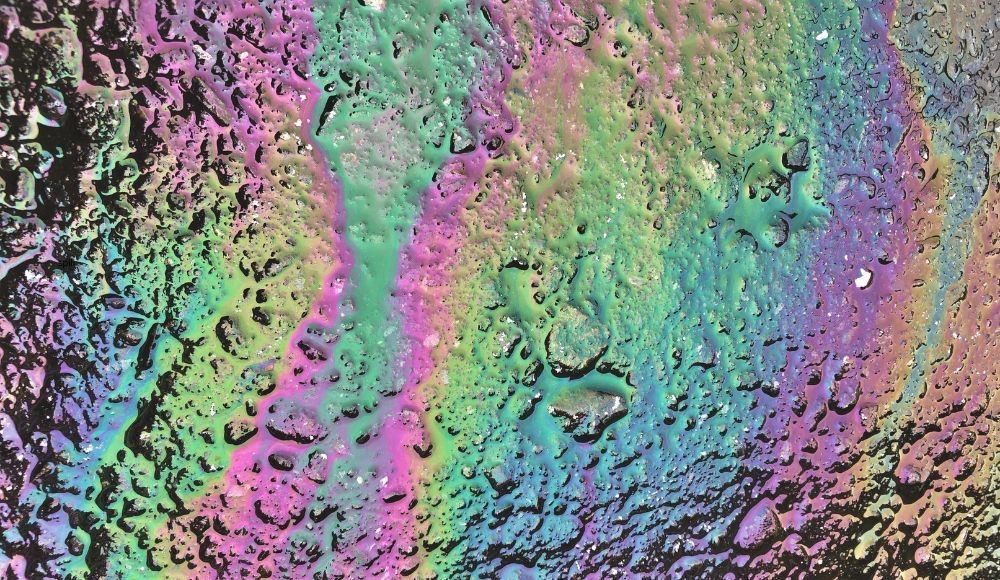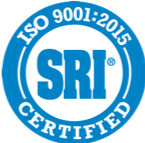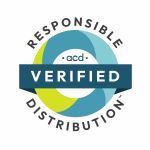Food Handlers: How to Control Cross Contamination

Preventing cross contamination doesn’t just enhance the quality of food products. It also helps to keep people safe. Some 600 million people — over 7% of the world’s population — fall ill each year due to contaminated food, and unfortunately, more than 400,000 of those people worldwide die as a result.
As such, it’s essential that food processing businesses go above and beyond to ensure their products are as safe as possible. In doing so, they can protect their brand and, most importantly, their customers. So how can food handlers control the potential for cross contamination? In this post, we’ll run through some key processes for minimizing the risk.
Understanding Cross Contamination
Cross-contamination occurs when bacteria is accidentally transferred from one food product to another. For example, when bacteria from raw food is unintentionally transferred to cooked food. Bacteria die when raw food is cooked. But previously cooked food products do not go through this cleansing process if they’re “ready to eat,” and may still contain harmful bacteria when consumed.
Cross-contamination may also occur as a result of unhygienic practices, such as failing to adequately wash hands before handling food.
Staff Training
Food processing and handling employees are on the front line of food safety. Businesses that handle food products should ensure that staff are adequately informed about the dangers of cross contamination, how it is caused, and the measures taken to prevent it. Depending on the business, it may include training on how to handle food, clean equipment, and what to do if cross contamination is suspected. Staff should receive regular training to keep the information fresh and up to date.
Equipment Cleaning
Having clean equipment and workstations is essential for controlling the threat of cross contamination. Facilities should invest in food processing cleaning chemicals that sufficiently remove food product residue. Bacteria can’t thrive in sanitized, disinfected food environments. In addition to cleaning equipment and workstations, employees should avoid wearing dirty clothing worn during previous food handling, especially if raw food products were involved.
Correct Separation
Limiting the chance of contact between cooked and uncooked is essential to prevent cross contamination. Storing cooked and uncooked food products in separate areas and utilizing color coding will help to prevent mishaps from occurring. It’ll allow employees to easily know where food products should be placed.
Food Product Workflow
Creating a food product workflow that outlines how food products move through your facility, from arrival to departure, will allow you to keep track of where all your products are — and highlight where they may come into contact with other products. Once you’ve created a movement flow, monitor its performance, and make adjustments where necessary.
Keep Your Food Safe With Help From North Industrial Chemicals
Having effective, non-toxic cleaning products is crucial to keeping your facility clean and preventing cross contamination. At North Industrial Chemicals, we manufacture quality products that can meet your unique requirements and needs.
To learn how we can help you in your fight against cross contamination, get in touch with a member of our team by calling 717-845-8647, or click below to contact us online.
